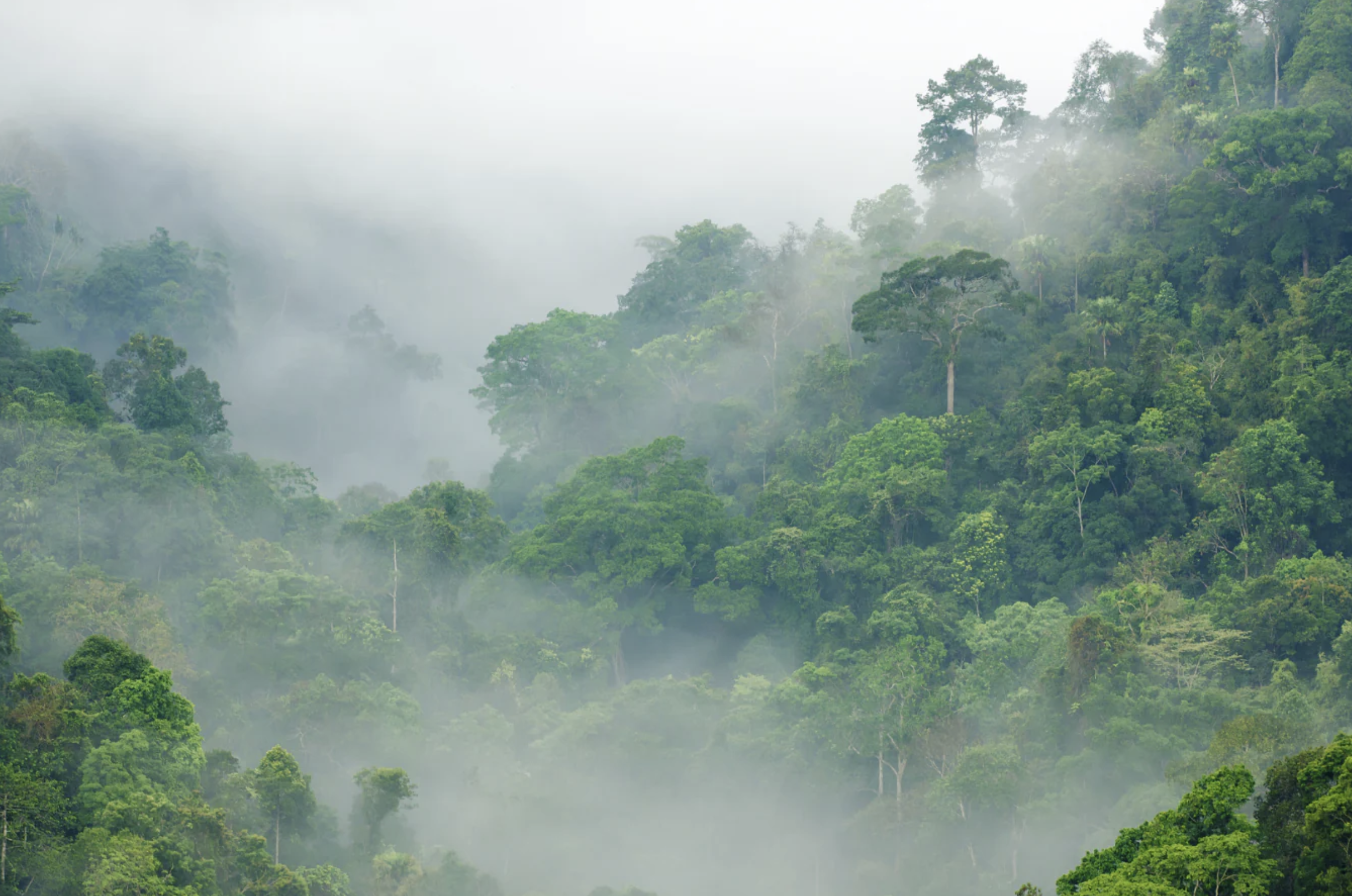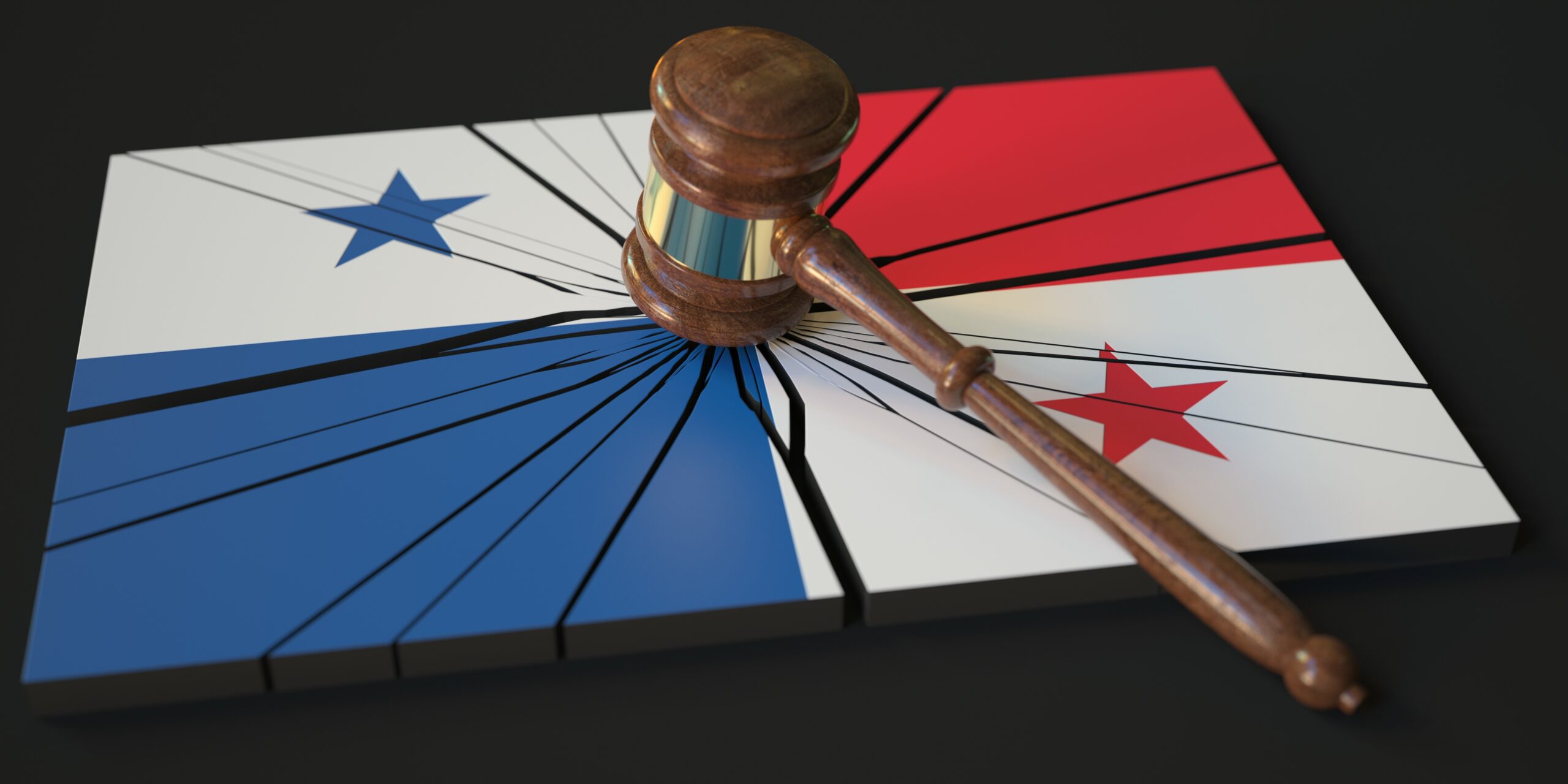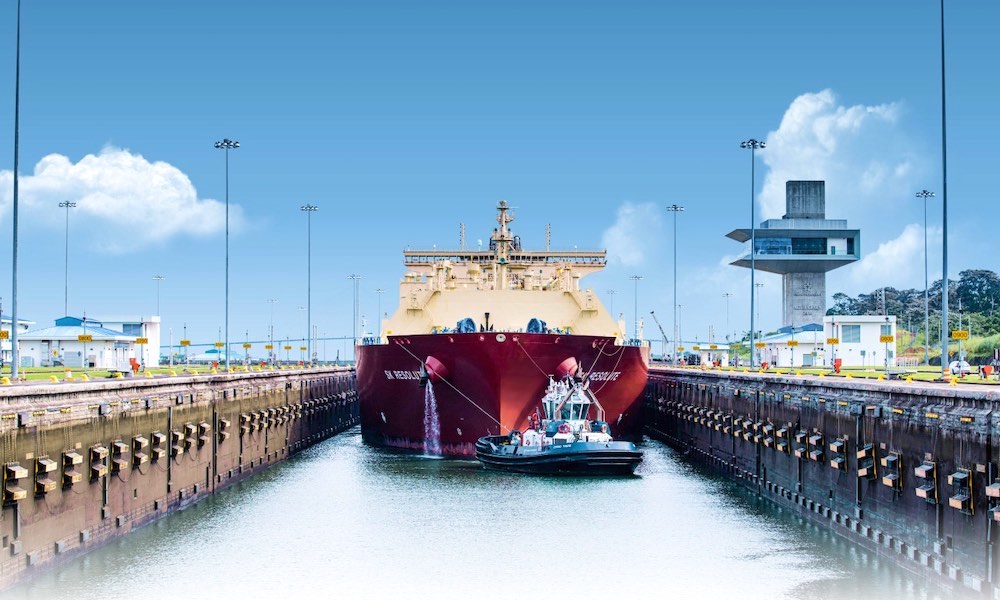25 Years after the Transfer of the Panama Canal, Panamanians Celebrated and Reaffirmed Their Sovereignty
Panamanian President Jose Raul Mulino delivered a speech during a ceremony to commemorate the 25th anniversary of the handover of the Panama Interoceanic Canal by the United States to Panama, in Panama City on December 31, 2024.
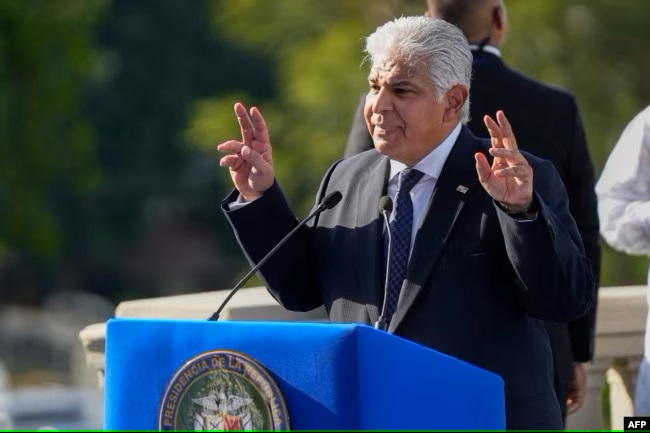
This December 31 marked 25 years since the US handed over the Panama Canal. Panamanians celebrated by reaffirming that they will not give up control of the important maritime route nor accept external pressures that jeopardize their national independence. Panamanians celebrated the 25th anniversary of the transfer of the Panama Canal to the nation, after several decades of US administration, with the conviction of guaranteeing its sustainability and the national sovereignty of the important maritime route. Panamanian President José Raúl Mulino led the commemorative events for the anniversary of the historic milestone reached on December 31, 1999, by virtue of the Torrijos-Carter Treaties signed in 1977, the Panamanian presidency reported on his X account.
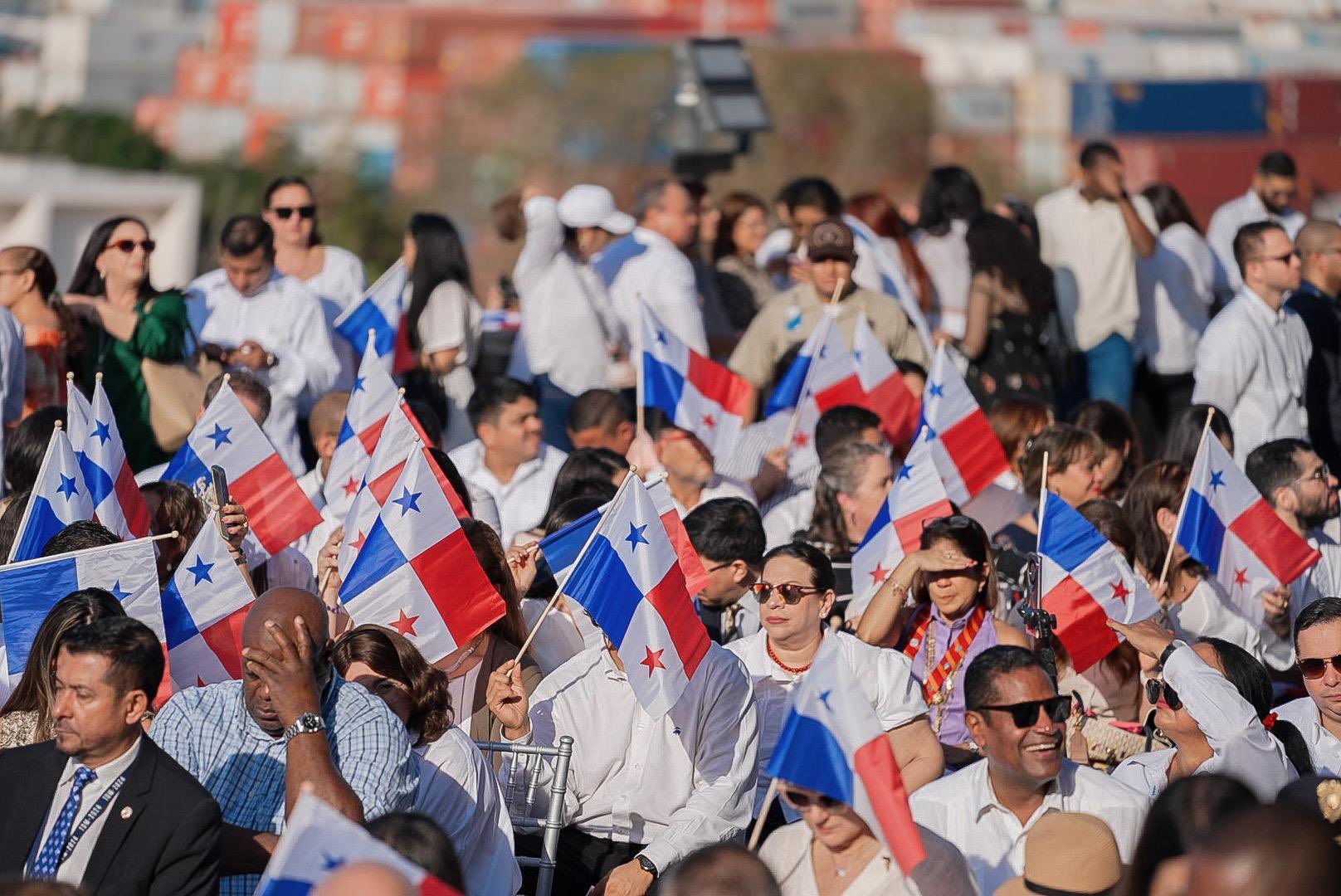
Panamanian authorities said in a message on social media “December 31st symbolizes the struggle, sacrifice and sovereignty of our nation. Today we celebrate a milestone that reaffirms our pride as a nation. Long live our Canal, long live our flag and long live Panama, always sovereign and master of its destiny!” Under Panamanian control, the canal has become one of the main routes of world trade. For Panamanians, it is also a symbol of national unity and a driving force of their development. “The Panamanian administration of the Canal has proven to be efficient and committed to excellence, adapting to the demands of international trade and contributing significantly to the economic development of the country,” said Ricaurte Vásquez, administrator of the Panama Canal Authority (ACP), recently, to underline the effort and capacity of Panamanians to manage this work of global relevance.
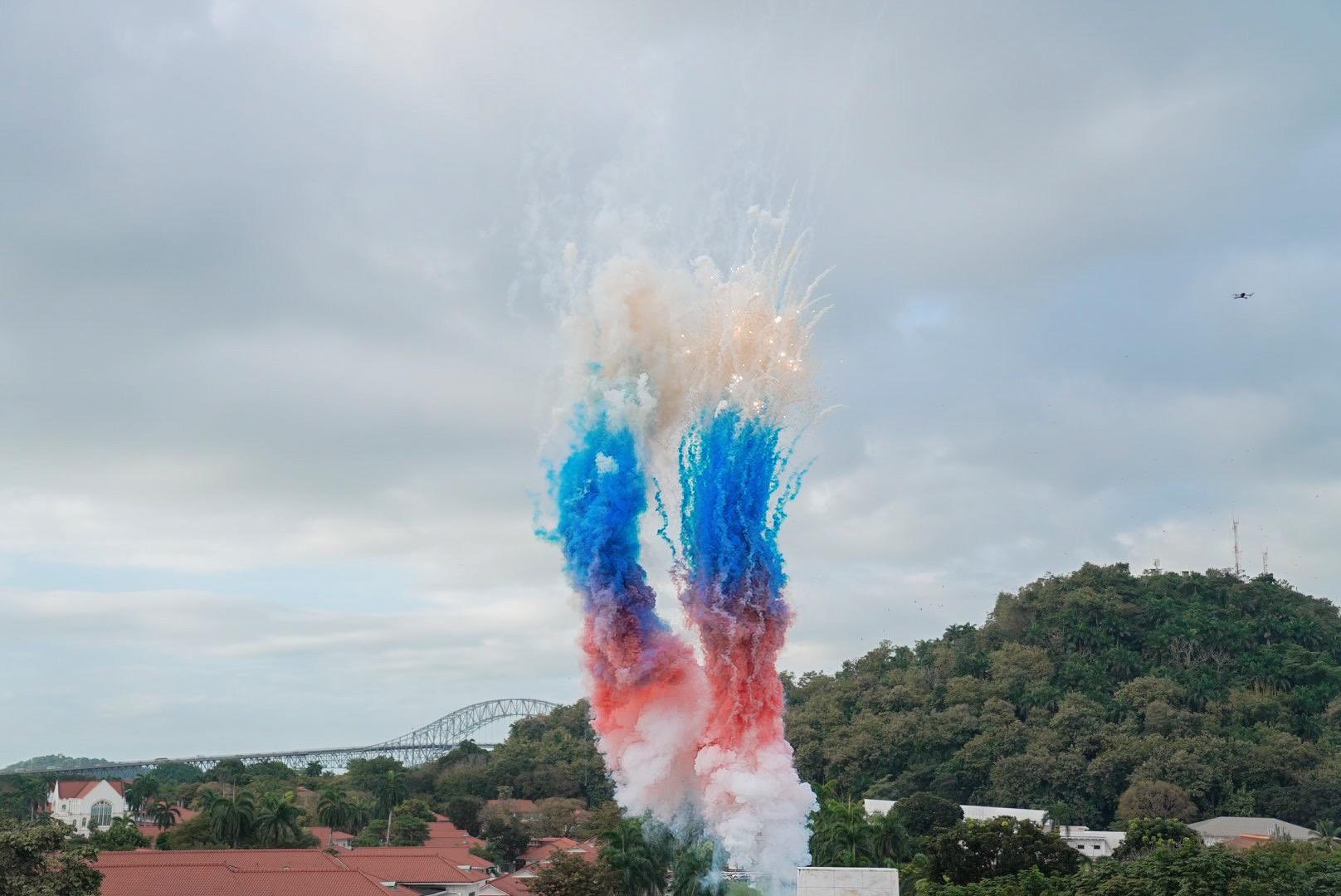
The United States built the Panama Canal between 1904 and 1914. The US government managed it for several decades. Following several controversies and tensions, anti-US protests arose in 1964 in the area occupied by the canal. This unrest led to new negotiations on the management of the canal, which ended with the signing of agreements in 1977 between the government of the recently deceased former US president Jimmy Carter and the then Panamanian leader Omar Torrijos. These treaties established the permanent neutrality of the Panama Canal. There was a period of joint custody that ended with the US ceding full control to Panama in 2000. These treaties guaranteed the permanent neutrality of the Panama Canal. Since then, the Panama Canal Authority has managed this key infrastructure for world trade.
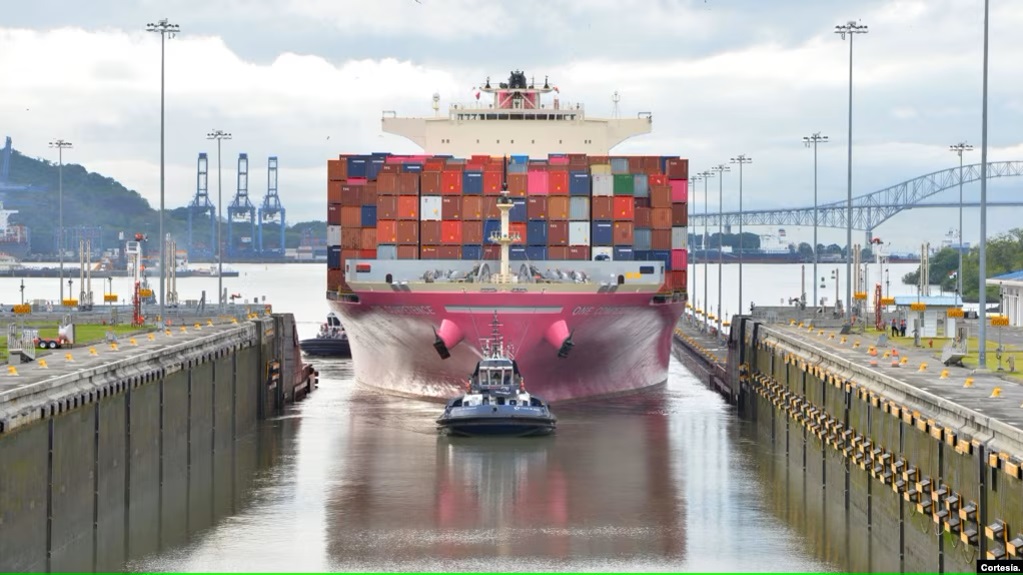
Panamanians have reached the historic anniversary amid a recent controversy fueled by statements by US President-elect Donald Trump, who said days ago that he intends to regain control of the Panama Canal, arguing without showing evidence that the nation would be allowing Chinese soldiers to control the maritime route and the alleged collection of high tariffs, which he defined as “exorbitant payments” to US ships. Trump, who takes office on January 20, has also said that Chinese troops are controlling the canal and has promised that the United States will be given control of the canal “in its entirety, quickly and without question.” From the country’s presidency to ordinary Panamanians, the response has been unanimous and forceful. President Mulino has reiterated that there are no Chinese soldiers controlling the maritime route. “There are no other hands on the Panama Canal, only Panamanian ones. It will remain that way forever,” Mulino said during the commemoration. This is just one of several statements that point to the same idea of maintaining sovereignty over the canal. “Every square meter of the canal and its adjacent area belongs to Panama and will continue to be ours,” Mulino said days ago in response to Trump’s statements.
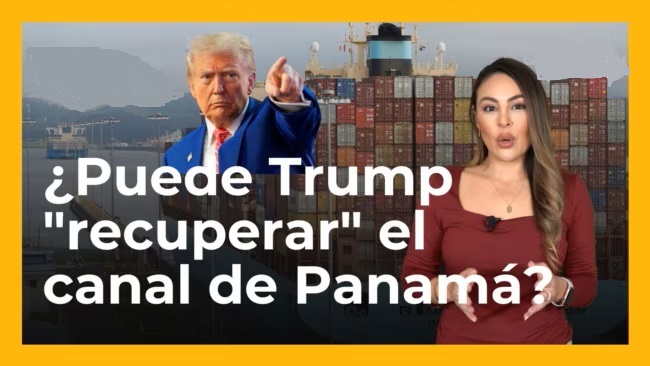
Panamanians like Abel Zeballos, a high school teacher, told reporters: “We are proud that our Canal is Panamanian and that it is managed by professionals from various disciplines.” Abdul Rodriguez, also Panamanian, says that he feels “proud” that the canal is in Panama’s hands. “We are proud to have turned it into a successful enterprise,” he said. “The Canal is a source of pride for every Panamanian because it represents the efforts of our past generations. The fact that thousands of Panamanians work there today is deeply moving. It is the dream of many families,” said Dalys Lee, business administrator, referring to the social impact of the Panama Canal.


